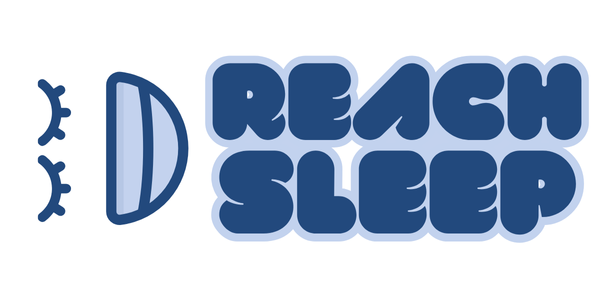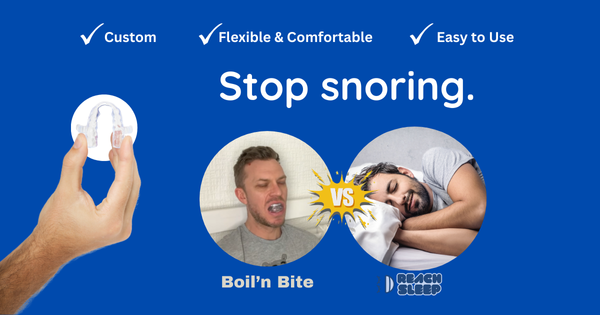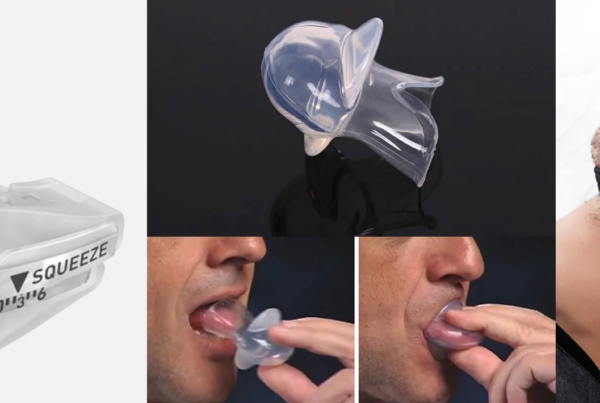Snoring is often brushed off as just a noisy habit or a harmless annoyance to a bed partner. But it’s far more widespread—and potentially serious—than most people realize. Millions of adults snore regularly, yet the vast majority never seek proper treatment. So why are so many people sleeping through a problem that could be affecting their health, relationships, and quality of life?
How Common Is Snoring?
Snoring affects about 90 million adults in the United States, and roughly 37 million report snoring on a regular basis, according to the American Sleep Apnea Association. While snoring can happen occasionally to anyone, habitual snoring—defined as snoring most nights of the week—is especially common in:
- Men
- People over age 40
- Individuals who are overweight
- Those with nasal congestion or poor sleep posture
Snoring doesn’t discriminate either—it affects women, children, and even otherwise healthy individuals. Despite its prevalence, many don’t realize it may be a symptom of something more serious, such as obstructive sleep apnea (OSA).
Why People Ignore or Delay Treatment
1. It’s Seen as “Normal”
Because snoring is so common, many people assume it’s just a harmless quirk or part of aging. This casual attitude often delays evaluation and diagnosis.
2. They Don’t Know They Snore
Unless someone shares a bed with them or records their sleep, many people aren’t even aware they snore.
3. Fear of Complicated or Invasive Solutions
CPAP machines or surgical procedures are intimidating.
4. Lack of Awareness About Health Risks
Snoring is often dismissed, but it can signal deeper issues. Persistent snoring is one of the top warning signs of sleep apnea—a condition that can lead to heart disease, high blood pressure, stroke, and daytime fatigue.
5. Access and Diagnosis Gaps
Some don’t know where to start or think sleep studies are too expensive or time-consuming. In truth, modern solutions are far more accessible than ever before.
Getting Help Is Easier Than You Think
The good news? Effective, non-invasive solutions are available—many of which are simple and easy to use at home.
- Talk to a healthcare provider: Speak with a sleep specialist, your primary doctor, or a dentist trained in dental sleep medicine. They can evaluate your symptoms and help determine next steps.
- Take a home sleep test: Home testing options are now widely available, affordable, and comfortable—and they can help determine whether your snoring is a sign of sleep apnea.
- Explore oral appliances like Reach Sleep:
One of the most convenient and effective solutions is the Reach Sleep oral appliance—a custom, prescription-free device designed to gently move the lower jaw forward during sleep. This opens the airway and significantly reduces snoring for most users. It’s a fraction of the cost of traditional sleep appliances and offers a comfortable, easy-to-use alternative to bulky machines or complex procedures. - Make simple lifestyle changes: Side sleeping, reducing alcohol before bed, and weight management can also make a noticeable difference.
Final Thoughts
Snoring is incredibly common—but it’s not always harmless. For many, it’s a sign of disrupted sleep or an underlying condition like sleep apnea. Unfortunately, too many people ignore it, normalize it, or feel overwhelmed by the idea of treatment.
With solutions like Reach Sleep’s oral appliance, getting help is easier, more affordable, and more comfortable than ever. Don’t let snoring go unchecked—better sleep and better health could be just one small step away.




